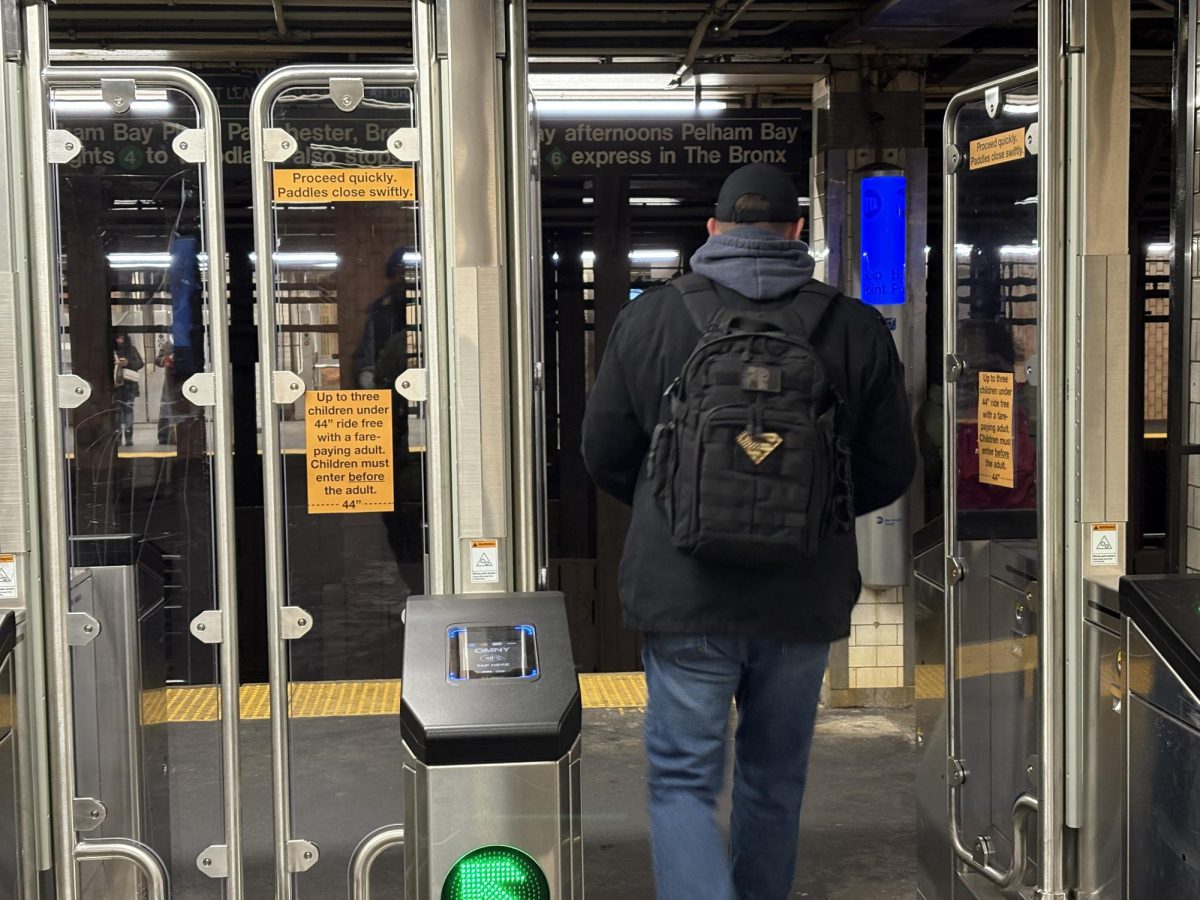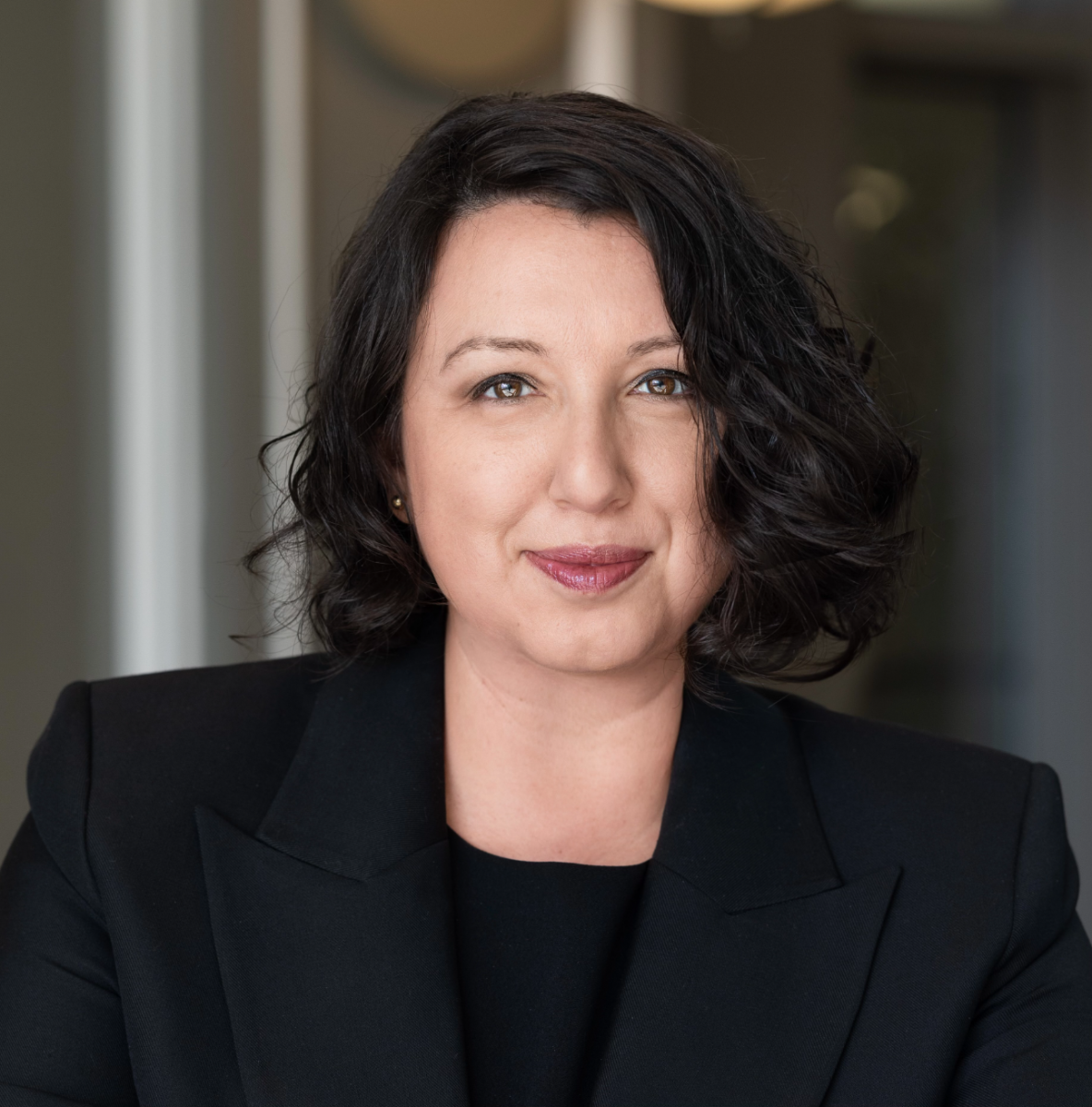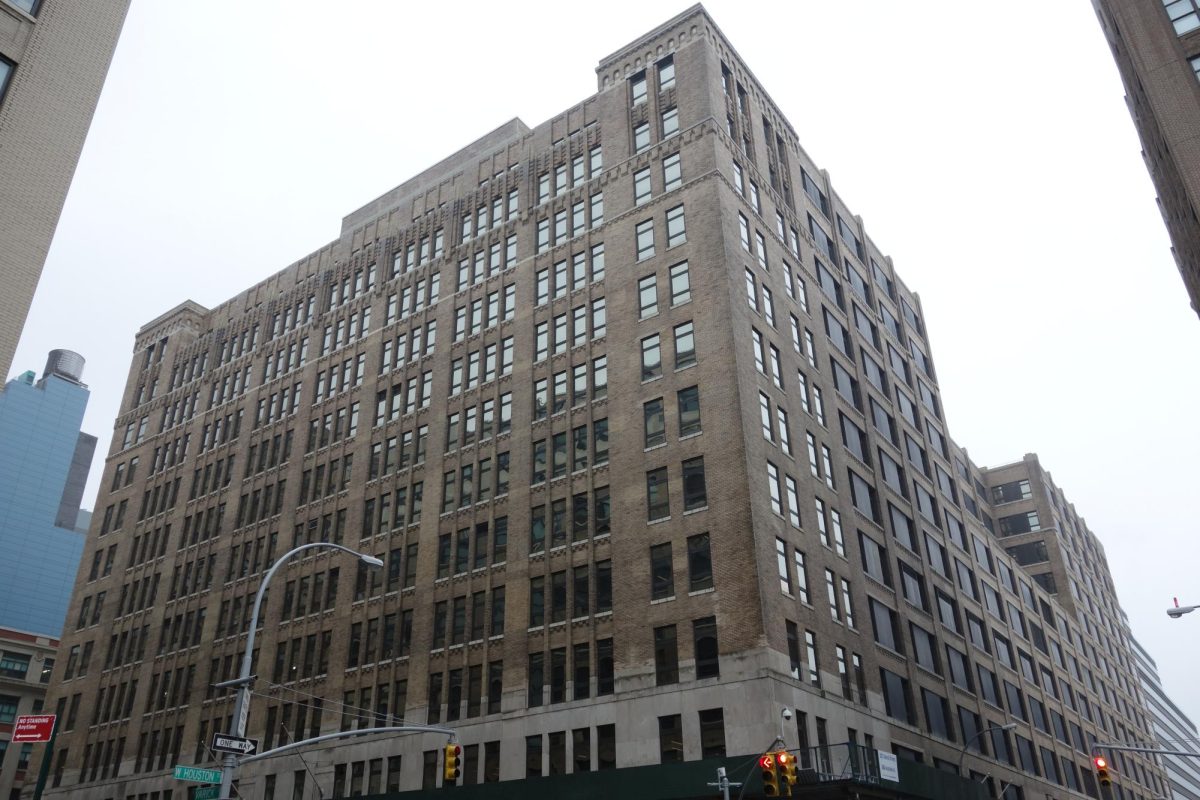After three Harvard students encountered challenges that jeopardized their chances of receiving employment at Davis Polk, a prestigious New York law firm, it became evident that this shift toward advocacy is not without potentially damaging repercussions. The firm’s decision to rescind the offers of employment came after the three were found to be involved in student-run organizations at Harvard and Columbia that issued the joint-statement condemning Israel during the ongoing conflict.
The firm had stated that two of the students held leadership roles in clubs that signed and approved the statement while one was affiliated with the Harvard Palestine Solidarity Groups. Following this decision, the firm was moved to reconsider two of the offers for students who fought their dismissal, stating that they had not authorized the letters, which did not have any individual signatories.
Following these events, many law students who had been promised employment by David Polk reached out to say that they did not agree with the opinions expressed by several organizations they were involved in. Additionally, several stated that they had resigned from these groups to sever all ties that could potentially threaten their future employment prospects. The obstacles encountered by the students raise important questions regarding extracurricular involvement for every college student.
Students not only at Harvard, but at every college must contend with these potential consequence as they begin to enter into the workforce. Just recently, MENA held a rally on Oct. 13 at Baruch College where they expressed their solidarity with Palestine.
Students gathered to protest the treatment of Palestinians, stating that Israel is to be held accountable for the effects of the current conflict on civilians in that region. While this level of engagement fosters awareness and a sense of social responsibility, it also raises concerns over how such activities can impact the future career opportunities that are presented to those who take part in such events at Baruch.
Harvard and Columbia students write and sign a joint letter to make a political statement addressing the Israel-Palestine conflict, which created conflicts among David Polk’s considerations for hiring these students into their law firm.
The letter is a Google Form titled “Joint Statement from Palestine Solidarity Groups at Columbia University regarding the recent events in Palestine/Israel: Oppression Breeds Resistance”, and asks students to name the Club/Group/Organization that they’re a part of, name the representative of said group and the representative’s email address.
Harvard and Columbia opened the letter acknowledging the grief coming from the losses of Israelis and Palestinians alike during this tumultuous conflict, urging students to address this conflict as a humanitarian crisis.
“The sting of tears, the weight on our hearts and the profound sense of loss are universal emotions that connect us all in grief and unify us by experience,” it said. “As we mourn the loss of lives, let us come together as a Columbia community and fervently advocate for the universal human right to live in peace and seek justice.”
The letter then criticized the Israeli government.
“We also affirm that there can be no future of safety and freedom for all Israelis and Palestinians without holding the Israeli occupation accountable for its actions and putting an end to the untenable status quo of Israel’s apartheid and colonial system.”
The letter addresses the living conditions in Gaza and how people in Gaza are deprived of essential resources for survival.
“Gaza is an open–air prison that lacks the essential necessities such as food, clean water, medicine and electricity,” it said. “Palestinians in Gaza have endured five brutal wars and prolonged inhumane siege for 16 years depriving them of their most basic rights. The United Nations issued a warning in 2012 that Gaza would become unlivable by 2020 due to Israel’s siege.”
The letter criticizes how media coverage is imbalanced, by not addressing causalities among Palestinians in comparison to the media coverage of Israeli casualties.
“What is also tragic is the blindness and deafness of the international community to the situation for over 75 years persistently turning a blind eye to decades of Palestinian oppression. Ignoring this grim context will undoubtedly contribute to further bloodshed.”
The letter demanded that Columbia no longer affiliate with Israel and Israeli institutions in Tel Aviv. The letter also asks for Columbia to fire a professor who imposed death threats onto students and take legal action against organizations that are doxing and harassing students who demonstrate solidarity with Palestine.








